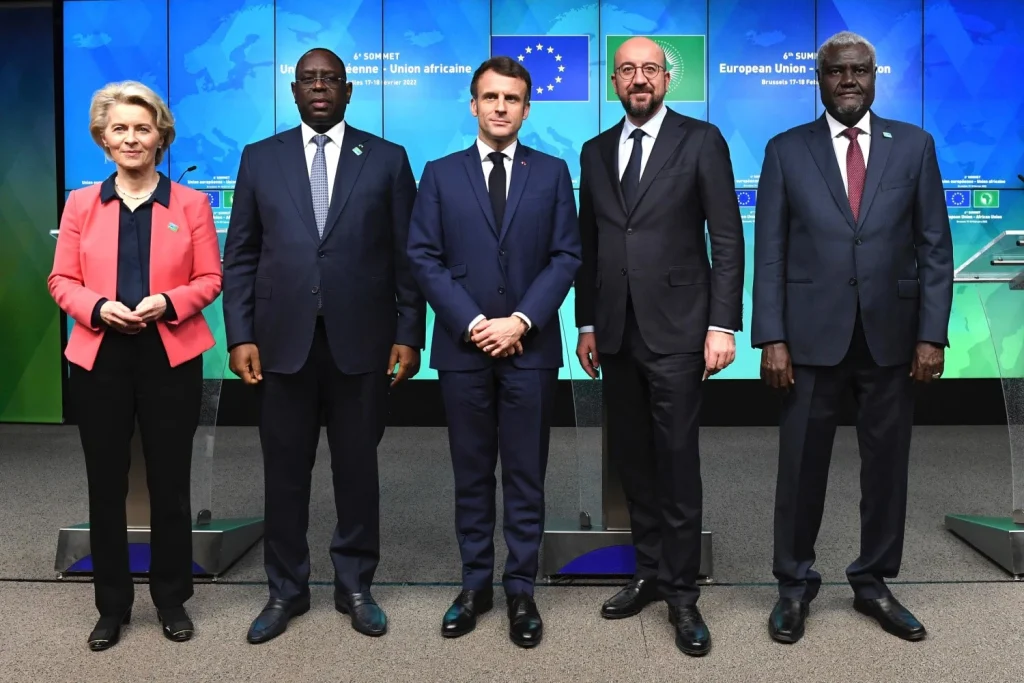Over the past years, Ethiopia has become one of the primary beneficiaries of the EU Trust Fund for Africa.
According to information from European Commission, in total, the value of EU development assistance to Ethiopia has averaged an estimated 214 Euro ($225 million) per year.
However, when Ethiopia was dragged down through the most gruesome internal political turmoil - the Tigray War - relations between the Horn of Africa and the EU was at an all-time low.
The EU followed close on the heels of Ethiopia’s close development partner, the United States, and threatened sanctions on the Ethiopian government in a deliberate attempt to quench the conflict.
[elementor-template id="94265"]
